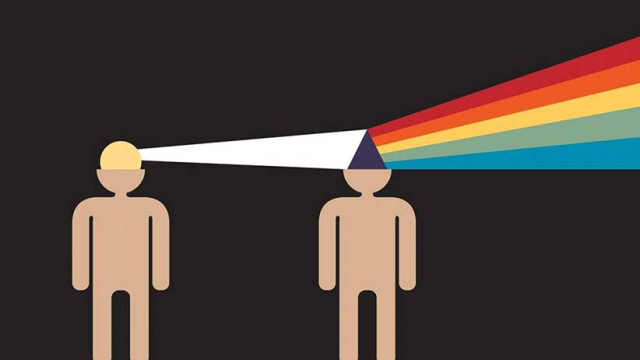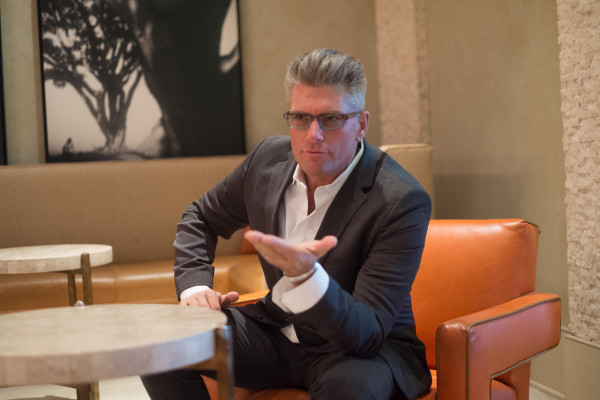Evolutionary Relationships | Questions From a Commentor on #RelationshipGenesis
Do all relationships have a beginning, middle, & end?
Is it egocentric to hope or aim for a life-long evolutionary dyad? How do you move forward when you sense the end is a painful cliff?
--
Q: “Do all relationships have a beginning, middle, & end?”
Yes, they do. Though how much time, energy, and focus is spent on each of those stages - the duration of each stage - varies widely.
Sometimes the beginning may take a very very long time. Sometimes they happen very quickly. Sometimes there is a seemingly paradoxical combination of both.
For instance, with my last relationship, I had known her for 12 years and had always had a bit of a crush on her. In fact, I still remember the red dress she was wearing when I met her in 2008.
But circumstances were such that it would have been inappropriate for me to express that at the time. 12 years passed, and then we just happened to be in the same city at the same time and she reached out to me asking if I was in fact in that city - I think I have Facebook's proximity function in Messenger to thank for that.
Anyway, the circumstances were such now that it was no longer inappropriate for me to express it, so I did. And we decided to meet up for a date and to catch up, had an incredible kiss at the end of that date, and then ended up living together for several months almost immediately after that.
And yes, all relationships end.
Sometimes it ends after just a few months in a volatile fashion.
Sometimes it ends amicably and it is navigated and negotiated and the two parties can remain friends but just realized that it was not a fit in the context of romance or intimacy for them to be together.
Sometimes the end does not occur until one of you dies after many many many years - decades - of being together.
But be that as it may, all relationships eventually have an end
Q: Is it egocentric to hope or aim for a life-long evolutionary dyad?
I think we should have as a starting point the belief or even the conviction that you can have everything that you desire in your relationship.
Sometimes that's not possible if you're in a relationship already and you realize that something is very important to you, and the other person is either incapable or uninterested in engaging in that way of relating with you.
However, I think it would be fantastic.
If you are single, then I think it's appropriate to have that as part of your criteria if it's something that is very important to you and would be fulfilled in that way.













